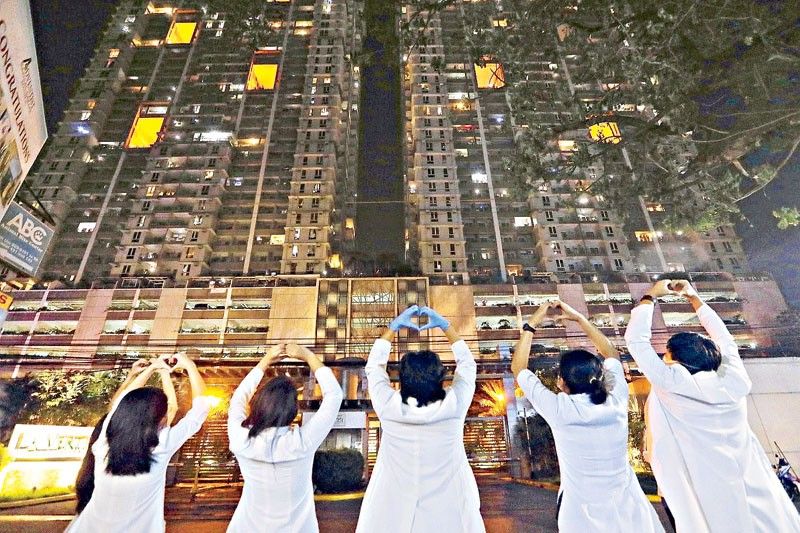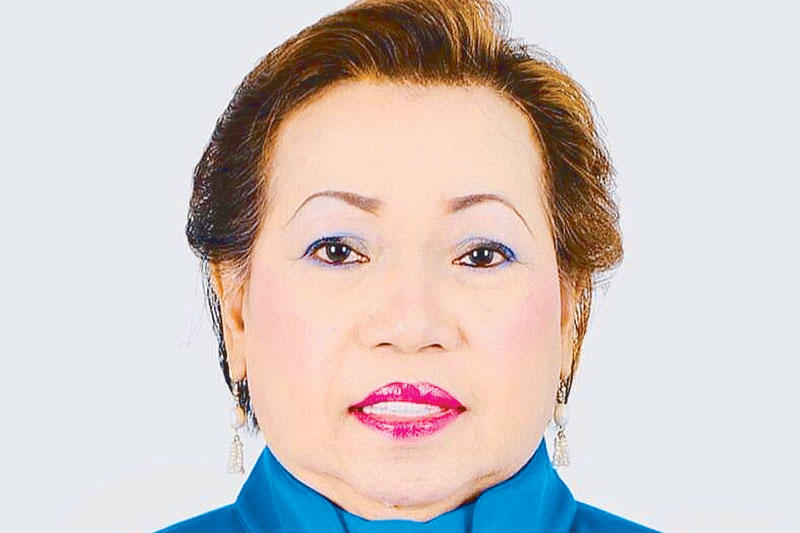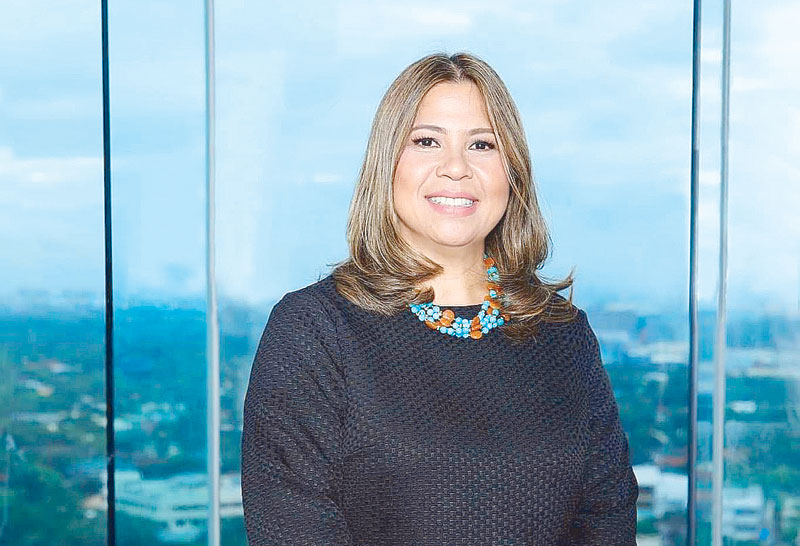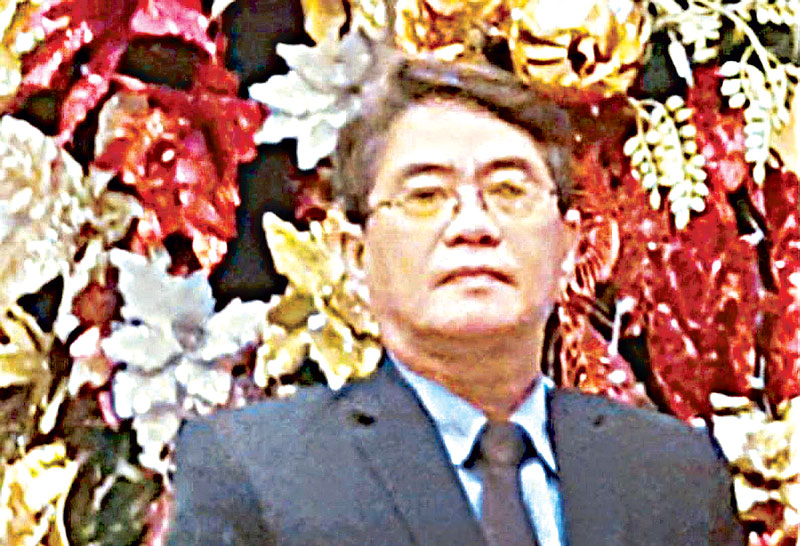Stay home. Stay safe. Stay sane.

In these extraordinary times, it is important, nay, necessary, to not just stay home and stay safe. It is also a must to stay sane as well.
The blues are not just hitting the skies but also the mood of several people experiencing a lockdown — now on its 48th day and counting — for the first time in their lives. Apparently, cabin fever can be as debilitating as an actual rising of body temperature.
“Mood disorder, a prime characteristic of depression, is on the rise,” according to Dr. Roland Cortez, chief of the National Center for Mental Health, in an article by Büm D. Tenorio Jr. in The Philippine STAR last Wednesday.

“Depression is on the rise because of the feeling of uncertainty. Those who are affected by it are asking: When will I go back to work? Do I still have work after the ECQ?” Cortez said at a Zoom press conference.
Psychiatrist, Dr. Angela Halili-Jao, who contributes to the STAR’s Allure section, concurs, “The enhanced community quarantine due to the emergence of coronavirus disease 2019 in our country and globally, has affected all of us and has made drastic changes in our lifestyle. This has caused so much fear and anxiety because of so many uncertainties.”
Frontliners are not spared from the blues. COVID-19 doctors also need healing for their own battle scars.
An American doctor who got infected by the COVID-19 virus while saving lives in the emergency room, burdened not only by the trauma of seeing patients die of COVID-19 but being hit by it as well, has died by suicide.
The New York Times quoted the father of Dr. Lorna M. Breen, who worked at a Manhattan hospital hit hard by the coronavirus, as saying, “She tried to do her job, and it killed her.”
According to my sister Dr. Geraldine Mayor, a US-based psychiatrist, while soldiers are mentally and physically prepared to die in battle, doctors are not. They are trained to live and save lives. Seeing so many doctors dying “in battle,” so to speak, and coming close to dying themselves, may cause feelings of depression among frontliners.
“It’s like a cardiologist dying of a heart attack,” Dr. Mayor explains, when a specialist dies of something she is trained to conquer. Add to that the testimony of some COVID-19 patients like CNN reporter Chris Cuomo that COVID-19 can cause delirium. According to the Harvard Gazette, this condition may affect about a third of patients.
Dr. Jao counsels frontliners to remain positive and to build up their physical and psychological armor. “When not on duty, schedule a time for physical exercise. Physical exercise will keep your immune system working well because this will flush out germs from the lungs and airways. It will likewise help increase white blood cell circulation, which will help your body fight infection.”

“In between shifts, learn to relax. Do calming breath exercises. This will relax your muscles; and when your muscles are relaxed, your brain will receive their signals and your anxiety will be decreased,” she adds. “Remember, we salute your courage and dedication to your duty and we continue to pray for your safety!”
And the deepest wound COVID-19 could inflict is the loss of a loved one, made more painful by the knowledge of the loved one dying alone, without a final hug.
“Grieving the loss of a loved one during the COVID-19 lockdown has become complicated,” rues Dr. Jao. “If your loved one died due to COVID-19, it is really doubly heartbreaking as you cannot be by his side during his last moments. Currently, members of hospital staff allow the isolated COVID-19 patient to communicate with loved ones using social media.”

To cope with your grief in these extraordinary times, “Focus on arranging for the cremation and funeral.”
The son of my dear friends Ito Curata and Bob Miller, who died in isolation within a week of each other, lost the two pillars of his world in one fell swoop. The child found some closure when the cremated remains of his parents were brought home, and he lovingly arranged both urns side by side, with candles and flowers to honor them.
“If your loved one died in a place where you cannot go because of the lockdown, you may delay your visit to his or her resting place after the lockdown has been lifted. A Mass offering can be done online,” adds Dr. Jao.
And at the end of the day, Dr. Jao says, “Keep in mind that there must be a reason why you are still alive despite this contagion. Be thankful each day for this absolute gift of the breath of life.”
As Ana Maria Casas, my former religion teacher at the Assumption, quoting the school’s founder Mother Marie Eugenie, shares, “If people can be moved to tears by the suffering of others, how much more our God, who follows each one of us with so much love?
- Latest





























